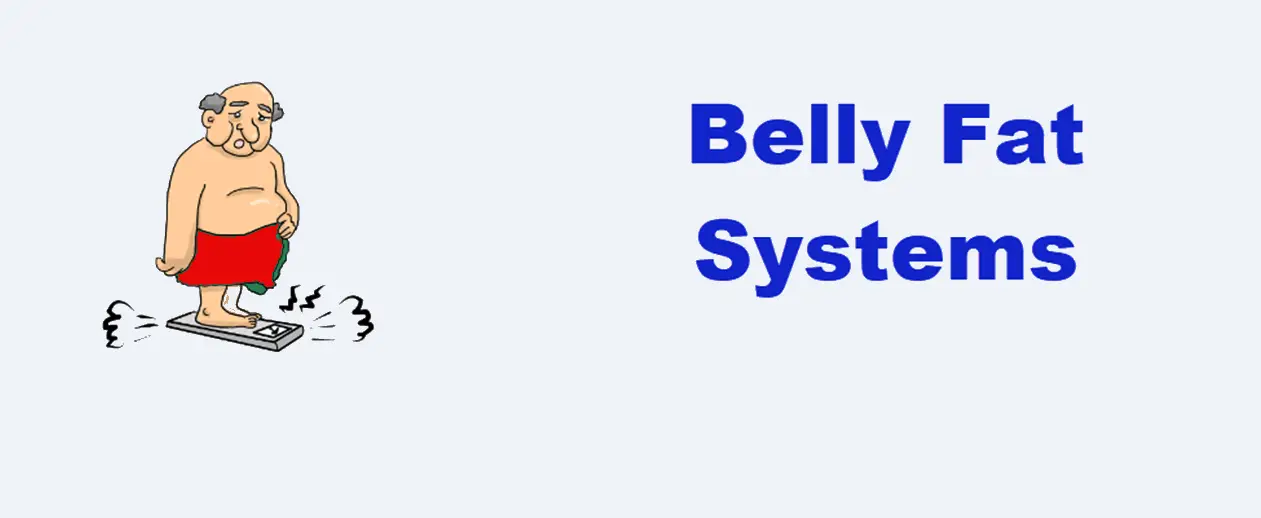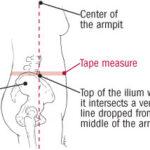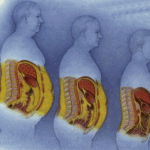Too much belly fat can increase the risk for heart disease, high blood pressure and diabetes. Visceral fat found beneath abdominal muscles that envelopes vital organs may increase cancer risk as well.
Now is an excellent opportunity to slim down with some smart lifestyle changes! To start off, reduce sugary beverages, juice more frequently and consume more fiber-rich whole fruits, berries and vegetables.
Exercise
“Find an exercise you enjoy and stick with,” suggests ShaNay Norvell, fitness coach, five-time National Obstacle Course Champion and author of “Stretch Your Stress Away With ShaNay”. To start off with, moderate cardiovascular workouts such as walking or jogging for 30 minutes three to four times weekly combined with daily stretching should do the trick, with strength training helping build lean muscle mass while increasing calorie burn. Also consider including high intensity interval training (HIIT), which involves short bursts of cardio combined with strength-training exercises into your routine in order to more efficiently target belly fat more effectively, she advises.
Everyone has some belly fat, but too much can lead to serious health problems including heart disease and type 2 diabetes. Visceral fat – deep within your abdomen that encases vital organs – increases your risk for these conditions even at healthy weight, according to research published in 2021 in Circulation journal.
Spot exercises such as sit-ups aren’t enough to shed visceral fat; they simply tighten abdominal muscles without actually cutting away belly fat. In order to successfully shed visceral fat, exercise all areas of your body with moderate aerobic and resistance training activities along with healthy eating practices in order to increase metabolism and shed visceral fat deposits.
Reduce sugary drinks, increase your consumption of fruits and vegetables, add healthy sources of protein and fiber into your diet and cut back on alcohol consumption. Consider incorporating yoga, pilates or tai chi into your workouts for improved flexibility and range of motion; altering habits requires time; start by replacing sugary beverages with water or unsweetened tea or coffee before moving onto other changes.
Diet
Belly fat can persist due to many causes. Diet plays an integral part, particularly foods high in sugar and saturated fats according to ShaNay Norvell, fitness coach and five-time national obstacle course champion in Dania Beach, Florida. Poor sleep and stress also play a factor, increasing cortisol levels which cause visceral fat build-up around the stomach area.
Belly fat is more than extra padding under your skin; it poses a real health risk and should be reduced through diet change alone. The good news is that diet modification may help get rid of belly fat altogether.
As a first step toward weight loss, Norvell recommends cutting back on sugary beverages like soda and juice – they contain too much sugar with limited nutritional benefits, and juicing removes fiber that could otherwise help you do just that! Instead, focus on drinking water, unsweetened iced tea or seltzer water with lemon.
Eat plenty of protein to stay full. Incorporating it into afternoon meals is especially useful, since protein helps the body slow down its digestion process, keeping you full for longer. Lean proteins can be found in meat, fish, tofu and eggs as well as yogurt with live active cultures or almonds or chia seeds; alternatively you could replace fried snacks with roasted chickpeas or carrot chips as snacks. Incorporating five to six homemade meals each week into your weekly menu plan may also help. A study published in Prevention found that those who prepare their own meals are more likely to have lower belly fat than those who do not.
Stress
If you have been following all of the best weight loss advice but still cannot shed your stress belly, a hormone imbalance could be to blame. Increased cortisol levels may cause your body to store visceral fat around organs in the abdomen – known as visceral fat. Eliminating visceral fat may lead to insulin resistance, heart disease, or certain cancers – though doing so can be challenging and requires persistence and commitment from you to be effective. To get rid of visceral fat successfully is not easy but there are steps you can take that will assist.
To combat this issue, it is vital that individuals regularly exercise and get enough restful sleep. Furthermore, eating a diet rich in whole foods like fruits, vegetables, grains and lean proteins as well as limiting sugar consumption is crucial. Finally, drinking plenty of water can also be extremely helpful.
Stress is an inexorable part of life and one of the key contributors to visceral fat accumulation. Stress causes adrenal glands to produce cortisol and trigger fat release from liver and muscles cells into circulation – fat cells then become metabolically active and produce adipokines, chemicals which damage vascular systems.
Cortisol-driven stress may increase blood sugar, leading to diabetes. Furthermore, it can misread signals of fullness and cause increased hunger; the combination of which could result in weight gain as well as the formation of a stress belly.
To combat daily stress levels, relaxation techniques like meditation, yoga, and mindfulness may be beneficial in relieving daily tensions. Sleep is also key in terms of lowering cortisol levels; try getting at least seven to eight hours each night with caffeine and alcohol consumption restricted as these can interfere with this ability to rest properly. Also make time for activities you find relaxing such as reading a book or spending time with family and friends to boost mental wellness overall.




